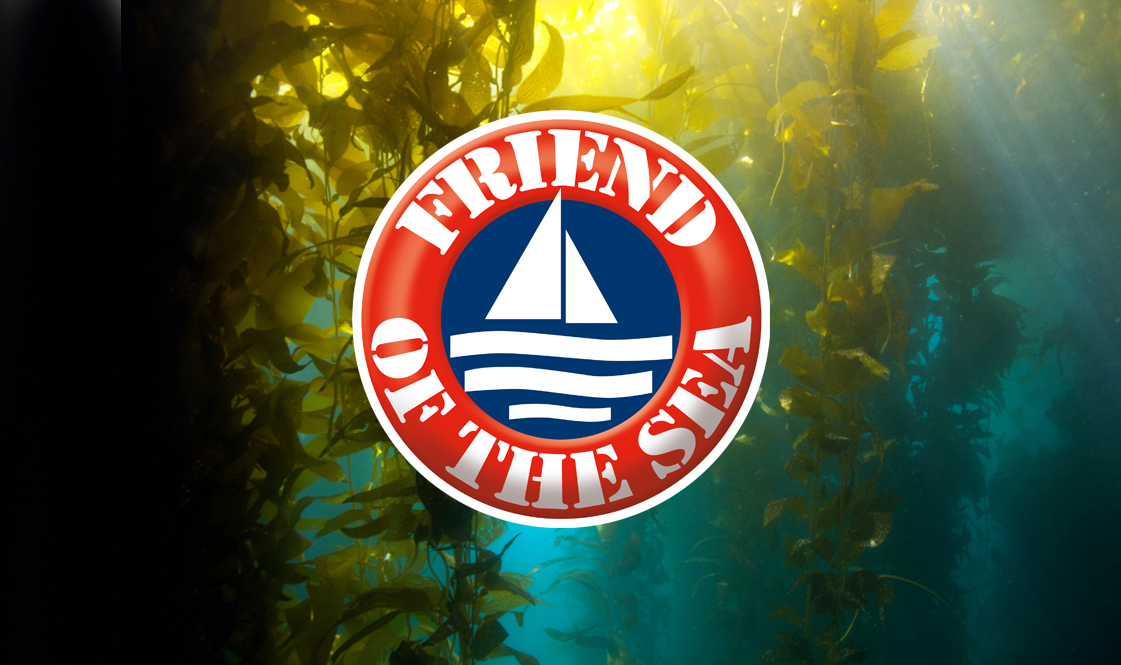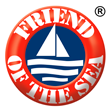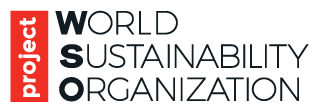Friend of the Sea launches new standard for sustainable seaweed

Friend of the Sea has recently introduced a new standard for the certification of seaweed from sustainable harvesting and farming. This standard aims to protect from overfishing wild seaweeds, which serve not only as a crop but also as a habitat for hundreds of other ocean species.
Seaweeds are an important raw material for many industries: food, cosmetics, pharmaceuticals, fertilizers and animal feed. Although more than 95 percent of global seaweed production is farmed, there are concerns over wild seaweed harvest. Indeed, their high demand may bring over-harvesting and loss of ecosystems, a natural habitat for the diverse marine life. Several studies have however highlighted how small scale seaweed farming can provide social and economic benefits to local communities and at the same time have a positive impact in terms of carbon footprint.
Nowadays, China, Indonesia and the Philippines lead global seaweed production, which is approximately 21 million metric tons a year.
The core criteria of the Friend of the Sea sustainable seaweed certification are:
• No impact on critical habitat
• Water monitoring
• Chemicals and hazardous substances
• Energy management
• Social accountability
• Traceability
“Seaweeds are an important component of the oceans and deserve more attention and protection,” says Paolo Bray, Director and Founder of Friend of the Sea. “We are convinced that a sustainable production of seaweed will help reduce the impact on the marine environment.”
MORE INFORMATION
Friend of the Sea
Friend of the Sea is an international certification program for products from sustainable fisheries and aquaculture. Over 500 companies in more than 50 countries have relied on Friend of the Sea to assess the sustainability of their seafood origins. Audits, based on best and most updated available scientific data, are run by accredited independent certification bodies.
Friend of the Sea Sustainable seaweed production criteria can be downloaded here.



